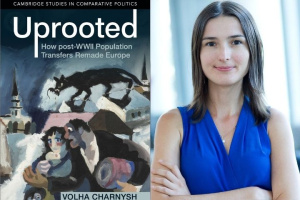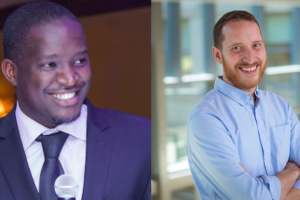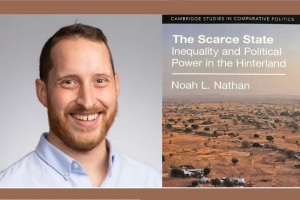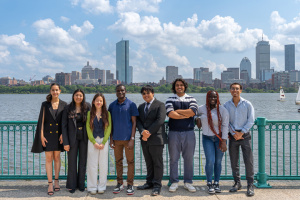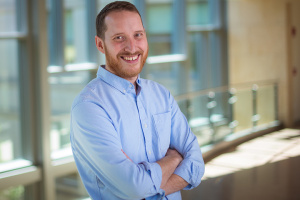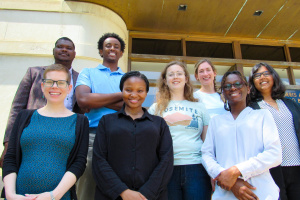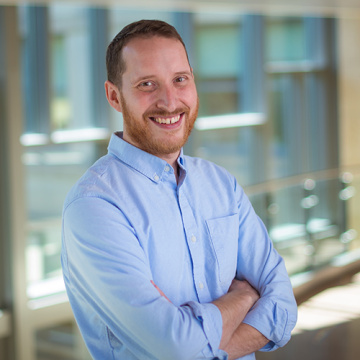
Noah Nathan
Associate Professor of Political Science
Political economy of development; comparative political behavior; urban politics; state-building; distributive politics and clientelism; political parties; Africa.
Biography
Noah Nathan is an Associate Professor of Political Science at MIT. His research focuses on electoral politics, political economy, and urban politics in Africa. His most recent book, The Scarce State: Inequality and Political Power in the Hinterland (Cambridge University Press, 2023), explores long-term effects of state-building in the rural periphery on economic inequality, elite capture, clientelism, and violence. His first book, Electoral Politics and Africa’s Urban Transition: Class and Ethnicity in Ghana (Cambridge University Press, 2019), examined urbanization's impacts on ethnicity, clientelism, and the emergence of programmatic politics. Other research has been published in the American Journal of Political Science, American Political Science Review, Annual Review of Political Science, British Journal of Political Science, Comparative Political Studies, Journal of Politics, and World Politics. He received his PhD in Government at Harvard in 2016.
News
Biography
Noah Nathan is an Associate Professor of Political Science at MIT. His research focuses on electoral politics, political economy, and urban politics in Africa. His most recent book, The Scarce State: Inequality and Political Power in the Hinterland (Cambridge University Press, 2023), explores long-term effects of state-building in the rural periphery on economic inequality, elite capture, clientelism, and violence. His first book, Electoral Politics and Africa’s Urban Transition: Class and Ethnicity in Ghana (Cambridge University Press, 2019), examined urbanization's impacts on ethnicity, clientelism, and the emergence of programmatic politics. Other research has been published in the American Journal of Political Science, American Political Science Review, Annual Review of Political Science, British Journal of Political Science, Comparative Political Studies, Journal of Politics, and World Politics. He received his PhD in Government at Harvard in 2016.
